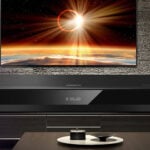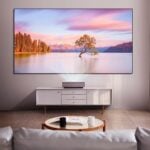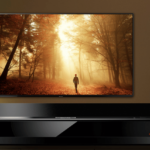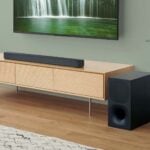perrin
Stunt Coordinator
- Joined
- Sep 15, 2001
- Messages
- 106
I am wondering if I should get a surge protector for my home theater. I live in the Seattle area, and brown outs and lightening are very rare for this area. I am using a standard, inexpensive power strip for my Sony Wega 27" TV, Denon 2802 receiver, Sony C670D 5-disc DVD player, and my digital cable box. Would a surge protector make any difference such as Monster Cable?
perrin
perrin





